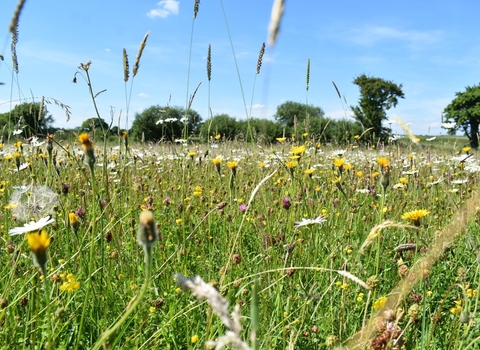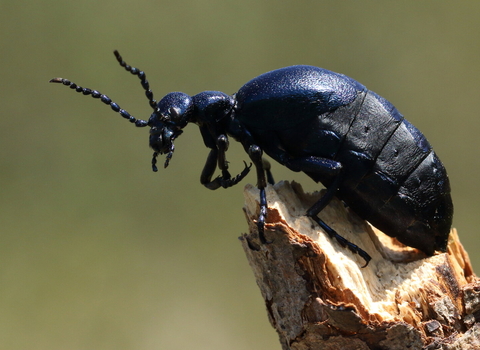Telling Somerset's Story
It is only through the collection of scientific data that we can pull together a strong evidence base that will enable us to show trends, patterns and distribution of habitats and species, that in turn can help inform where best to focus our efforts to restore nature in Somerset.
The Somerset Environmental Records Centre (SERC) has collated over 2.4 million records covering 150 years, however a large majority of the species do not have enough regular recording data for population trend analysis.
Nature needs more eyes on the ground so in order to fill the gaps in our species knowledge, and increase the number of records held, our approach has been to combine innovative and meaningful data recording methodologies, with a strong programme of public citizen science opportunities and training, fuelled by our Team Wilder programme of work, to increase the number of individuals and communities capturing data for us.
Scaling up
The decisions we make about what priorities to set for our nature recovery programme must be based on good science and evidence. Over decades, we have accrued a great deal of species and habitat data and evidence, but this year, in order to improve and modernise this element of our work and put more structure in place for monitoring our impact going forwards, we created a new Innovation and Evidence team.
The Trust is both exploring new opportunities in the nature recovery space such as BNG and carbon, and testing innovative land management approaches such as those at Honeygar, and it’s important that we share our learning with our peers and provide evidence to support the decisions we have taken. An important component of this ambition will be to increase our engagement with the academic research community. Developing more partnership in research will support us as a science and evidence-led organisation.
Building on our work with the University of the West of England, in 2024 we have already started new projects with Bristol University and have begun conversations with a wider range of leading academics on the work we are doing around peatland research.
Working closely with the Somerset Environmental Records Centre staff we will be reviewing the first Somerset State of Nature report in 2025 and looking to understand how to direct our academic partnership work to fill evidence gaps in line with our strategy. It will also be important to be responsive to ideas from external partners, recognising the need for innovation and technological development to facilitate the process of data collection and analysis.




